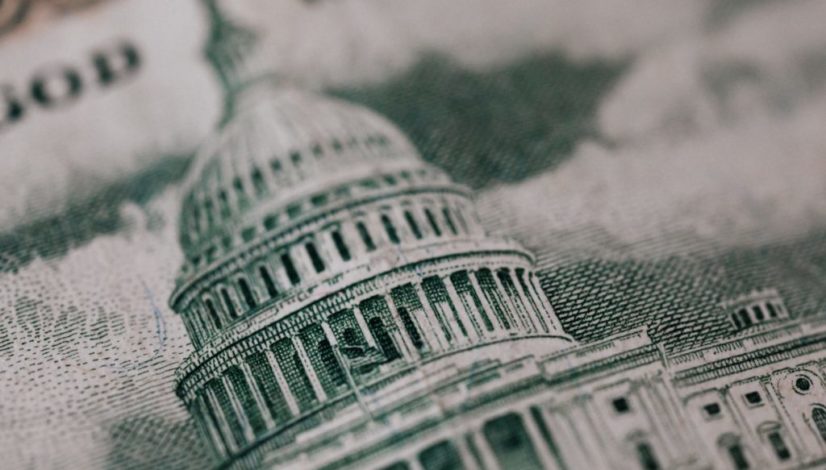The Tax Consequences of a PPP Loan for 2020
2020 has been a difficult year for all people. When our country was faced with a global pandemic at a level not seen since 1918, Congress went to work and passed a series of legislation aimed at helping Americans and the small business community. These legislative acts included the Families First Coronavirus Relief Act and the CARES Act.
One of the aspects of the CARES Act included a special program in conjunction with the Small Business Administration called the Paycheck Protection Program (or PPP for short). This program allowed qualifying small businesses (businesses with 500 employees or less) to qualify to take out a forgivable loan for up to $10 million to cover qualifying expenses incurred in the business’ operation during the COVID-19 Pandemic.
What Type of Costs are Covered by the PPP?
The type of costs which could be covered include:
- Payroll costs
- Employer paid benefits
- Employer assessed state and local taxes on cash compensation
- Compensation to owner-employees/self-employed individuals/general partners
- Payments of interest on any mortgage obligation incurred before February 15, 2020
- Payment of rent under a lease in force prior to February 15, 2020
- Utilities payments for which service began before February 15, 2020
- Interest payments on any other debt obligations that were incurred before the covered period
There were many businesses which took advantage of the PPP loans to cover payroll and other qualifying expenses. These businesses have likely since gone through the process of having these loans forgiven under the provisions included in the CARES Act.
However, one outstanding issue is regarding the proper taxation of these benefits received by these businesses. These forgivable loans have created the potential for adverse tax consequences not experienced in prior years.
Tax Issues Under PPP
The main tax issue under the law is that PPP loan funds used to pay qualifying expenses (including rent, utilities, payroll and payroll taxes) are not tax deductible. Under normal circumstances, these types of expenses would be tax deductible against a business’ gross revenue and reduce the taxable income of the business. However, although these funds, so long as they are used properly, become a forgivable debt, the expenses used from the proceeds of the loan are not tax deductible. Consequently, there is potential adverse tax consequences of a business having a larger net taxable income than in prior years.
Let’s look at the example of ABC Company.
In 2019, ABC Company’s financial reporting was as follows:
Gross Revenue: $4,000,000.00
Payroll: $800,000.00
Rent and Utilities: $85,000.00
Other Expenses: $125,000.00
Net Revenue: $2,990,000.00
In 2019, ABC Company paid taxes on its net revenue of $2,990,000 at 21% for a total tax liability of $627,900.
However, in 2020, ABC Company’s financial reporting was down 15% due to the pandemic. 50% of its payroll, rent and utilities resulted from a PPP loan the company received.
Gross Revenue: $3,400,000.00
Payroll: $800,000.00
Rent and Utilities: $85,000.00
Other Expenses: $125,000.00
Net Revenue: $2,390,000.00
As mentioned above, 50% of the company’s payroll, rent and utilities resulted from a PPP loan. These expenses are no longer tax deductible. Therefore, ABC Company’s financial reporting for the 2020 tax year were as follows:
Gross Revenue: $3,400,000.00
Payroll: $400,000.00
Rent and Utilities: $42,500.00
Other Expenses: $125,000.00
Net Revenue (after PPP): $2,832,500.00
If ABC Company had not taken a PPP loan, its net taxable revenue would have been $2.39 million. ABC Company would have paid corporate taxes in the approximate amount of $501,900.
However, because ABC Company took a PPP loan, its net taxable revenue became $2,832,500. ABC Company had corporate tax liability in the approximate amount of $594,825 — a difference of $92,925 in corporate tax liability.
The tax reporting for companies which took a PPP loan in 2020 will be a little different than in prior years. Reporting income and expenses accurately will change, and as a result, tax liability could be higher, even with a reduction in revenue as with ABC Company.
For More Information
As you enter the tax reporting season for your company, if you have taken a PPP loan, make sure you have taken the time necessary to understand these changes in your tax reporting obligations. If you have further questions or need assistance with your tax reporting obligations due to taking a PPP loan, please contact our office at (513) 241-0400 or use our contact form to schedule a telephone or video conference.

